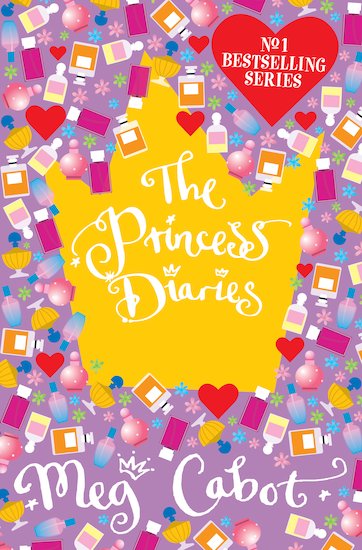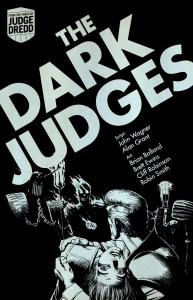
Uglies is set in a futute world, presumably America, where medical science has eliminated the genetic appearance lottery. Everyone is made beautiful at the age of 16 and therefore become equal and happy. Anorexia, exercise and jealousy are things of the past. War, povery and inequality are gone. On a person's 16th birthday, an 'Ugly' is stripped back to the bone, sanded down, rebuilt and moved accross the river to 'New Pretty Town'. An apparent haven full of hovering mansions where its beautiful inhabitants party, drink and watch fireworks all day and night, New Pretty Town is socialite utopia. Think The Great Gatsby, meets Back to the Future. Pretties live a protected life, decadent and wasteful, they sit around all day, gleaming and drinking, soaking up each other's awesomeness.
I found that Uglies got off to quite a slow start. I can't really put my finger on why, but for a while I just didn't bite...it felt a bit middle of the road. It starts with Tally, the last of her year group to turn 16, and therefore the last ugly on the block. It's hard to warm to Tally during her peiod of moping after her recently pretty friend Peris- she spends the first couple of chapters of the book wistfully counting the hours until her 16th birthday when she too can become pretty. She sneaks off to see him in New Pretty Town- quite a dangerous prank. Whilst pranks are expected of juvinle Uglies to some degree, the inhabitants of Uglyville are closely monitered trough technology, though everyone has their tricks and their ways of getting around it. Closely evading capture by the authorities after her stunt gets dramatic, the story picks up pace (and for me actually became interesting) when Tally meets Shay in the shadows at the edge of New Pretty Town and is amazed by her attitude. Shay doesn't want to be pretty.
Tally's friendship with Shay opens her mind to new way of thinking. She learns to hoverboard and learns more about the 'rusties', the civilisation previous to theirs that lived in metal towers and almost destroyed the world with their weapons and their wars. Shay, recruited by the enigmatic David, decides to risk her life trying to find "The Smoke", a heretic community of Uglies that live outside of the City's control. For a while it looks like Shay may be the true heroine of the novel- she's confident, intelligent and she questions the reasoning behind the compulsory prettyfication. However, I think she's more of a catalyst for bringing Tally's more heroic personality traits to the fore. When Tally is refused her pretty operation, she is blackmailed into infiltrating the "Smokies" and betraying her new best friend. Suddenly Tally, a person who has never had to think particularly hard or make her own decisions before is forced to question everything she has ever been told and everything she has ever believed in..
In terms of themes and style, I think it combined some elements of the Hunger Games with elements of Brave New World. An ordinary and unremarkable girl is thrown into an unexpeced and seemingly impossible situation. She not only has to conquer that situation, but also has to become the reluctant fighurehead of rebellion and revolution and uncover some kind of secret that would destroy society as it's known. Whilst Tally in my opinion is not as developed or as likable as Katniss (or as resourceful or resilient) there is certainly the potential for her to become so. I will definately be recommending it to kids who liked THG. As for Brave New World- the society in that novel use genetic engineering, rigid genetic class structures and state-produced drugs to schieve happiness, the society in Uglies use cosmetic (and other) surgery as well as institutionalised brainwashing to achieve what they believe to be happieness. Wheras it might take some convincing to talk a 13 year old into reading Brave New World, I think they'd be able to explore similar ideas here, as well as introdicing the (very relevent teen-wise) topic of body image.
So overall a slow starter that definately gets better. Really enjoyed it once it got going, though in my opinion it falls a long way short of the quality of the Hunger Games, a title it compares itself to on the cover. The book raises some interesting questions about authority, identity and appearance, all very relevent and comtemporary issues for the book's target audience. The worst thing is, that as far as dystopian futures go, it's not outrageously impossible to imagine this one...





